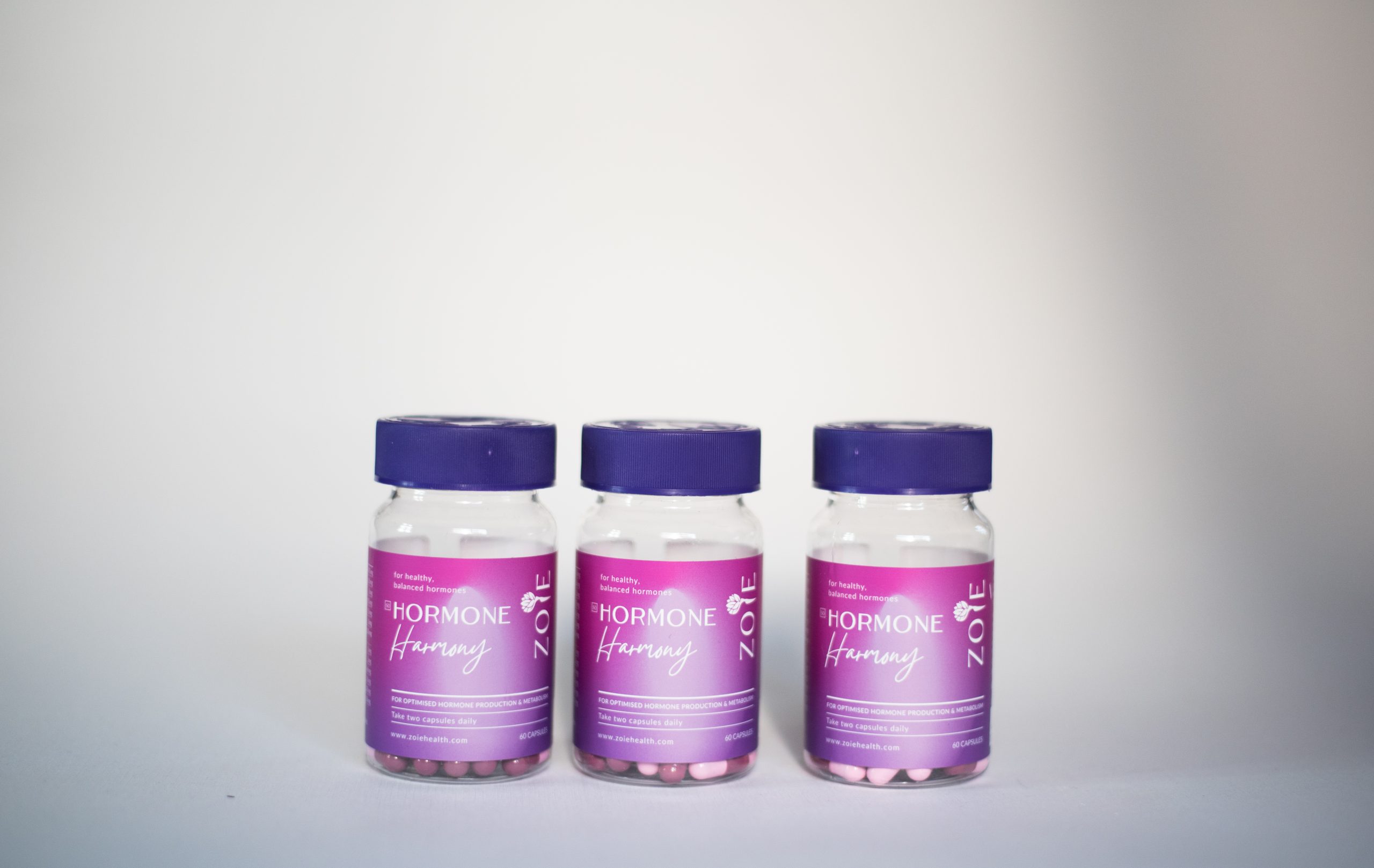
Find Your Balance with Zoie Health’s Cycle Calm – The Natural Path to PMS Relief and Emotional Well-being
In today’s fast-paced world, managing the symptoms of premenstrual syndrome (PMS) can feel like an uphill battle for many women. From mood swings and irritability to physical discomfort, the quest for relief is ongoing. Enter Zoie Health’s Cycle Calm, a groundbreaking women’s health supplement meticulously formulated to offer not just relief but a holistic approach to managing PMS symptoms and promoting emotional well-being. Unveiling Zoie Health’s Cycle Calm Zoie Health’s Cycle Calm is not just another supplement; it’s a carefully crafted ally in your journey towards hormonal balance and emotional tranquility. Developed with the expertise of gynecologists, pharmacists, and dietitians, Zoie Health’s Cycle Calm is designed to provide comprehensive support during your menstrual cycle, addressing both the physical and emotional challenges that come with PMS. A Symphony of Natural Ingredients Each component of Zoie Health’s Cycle Calm has been selected for its proven effectiveness and synergistic benefits: The Zoie Health Difference What sets Zoie Health’s Cycle Calm apart is not just its holistic formulation but also its commitment to purity and safety. As a complementary medicine, it’s free from sugars, sweeteners, and any form of allergenic ingredients, making it a suitable choice for women looking for a natural and effective solution to PMS relief. How to Embrace Zoie Health’s Cycle Calm in Your Routine Incorporating Zoie Health’s Cycle Calm into your daily routine is effortless. Adult women are recommended to take 2 capsules daily with food and liquid, ensuring a steady and supportive path towards balancing hormones and alleviating PMS symptoms. It’s a simple yet powerful step towards reclaiming your well-being and enjoying life without the monthly disruption of PMS. Your Journey to Wellness Starts Here With Zoie Health’s Cycle Calm, you’re not just addressing the symptoms of PMS; you’re embracing a lifestyle choice that honors your body’s natural rhythms and needs. It’s a testament to the power of natural ingredients and scientific research coming together to support women’s health. Whether you’re looking to manage physical discomfort or seeking emotional stability during your menstrual cycle, Zoie Health’s Cycle Calm offers a comprehensive solution that respects the complexity of your body and the diversity of your needs. Take the first step towards a more balanced, calm, and enjoyable menstrual cycle with Zoie Health’s Cycle Calm. Your journey to wellness and peace begins with understanding and nurturing your body, and Zoie Health’s Cycle Calm is here to support you every step of the way. About Zoie Health Zoie Health is at the forefront of women’s wellness, offering quality, affordable, and accessible supplements tailored to the unique health needs of women. With a focus on synergy, Zoie Health’s products are designed to work together, providing your body with the comprehensive support it needs to thrive. With our online Zoie Shop and Pharmacy, our unique virtual consultations, and vast communities of women, we strive to provide good quality healthcare to underserved populations. Disclaimer: This unregistered medicine has not been evaluated by the SAHPRA for its quality, safety, or intended use. This medicine is not intended to diagnose, treat, cure, or prevent any disease. Please consult your doctor or pharmacist prior to using this product if you have any suspected or known medical condition.










